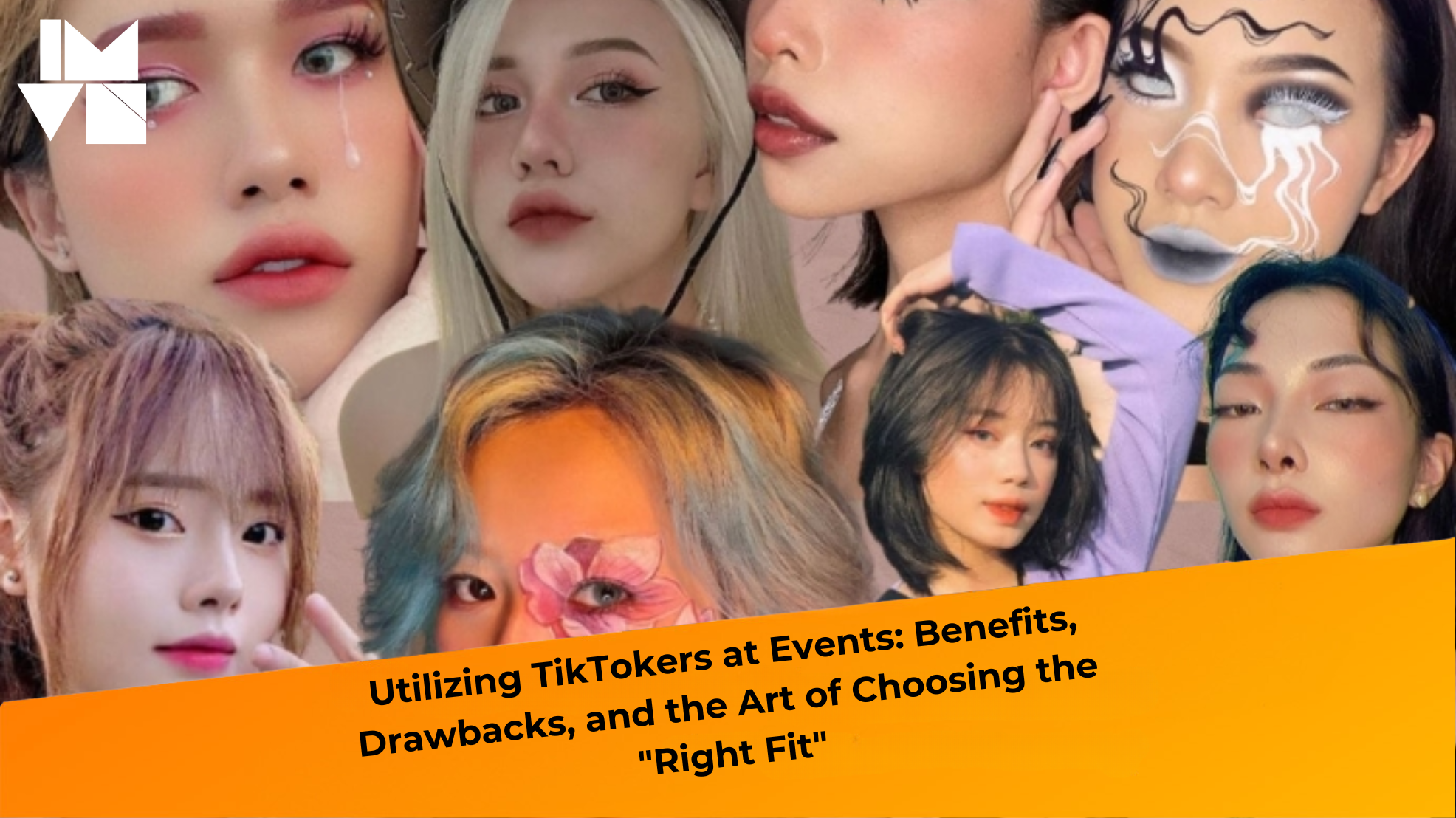A 2019 report by 7SAT revealed that 90% of consumers trust influencer recommendations, and 33% believe that influencer advertising is genuine. But is 2021 a different story, given the numerous scandals surrounding influencers promoting substandard products?
Irresponsible Influencer Advertising
Social media recently erupted when a series of celebrities, including Ngoc Trinh, Kha Nhu, Nam Thu, and Le Duong Bao Lam, promoted cryptocurrencies like Dogecoin, Shiba Inu, and FXT Token.
Although the ads were removed within hours, these influencers faced significant backlash from the online community.
Questions arose about the responsibility these stars bear when promoting cryptocurrencies, potentially leading unsuspecting audiences to make financial decisions that could result in losses.
Comedian Nam Thu was the first and only celebrity to apologize for this incident, stating that her manager had posted the advertisement. She took full responsibility, apologized, and asked for the audience’s understanding, explaining that her manager was unaware that promoting cryptocurrencies was illegal. Other celebrities simply deleted the ads without offering any explanation or comment.
Influencers Promoting Substandard Products
This isn’t the first time Vietnamese influencers have been embroiled in controversy for promoting questionable products. Miss Vietnam Ky Duyen and singer Duc Phuc were accused of promoting cosmetics imitating Innisfree packaging.
Oc Thanh Van, La Thanh Huyen, and Huyen My also faced criticism for endorsing cosmetics and supplements from dubious sources.
To avoid such incidents that harm consumers and damage personal reputations, influencers and their teams must thoroughly research the quality and origin of products before accepting endorsement deals or signing contracts.
Consumers Should Scrutinize Product Information
Perhaps consumers also need to develop self-protection mechanisms against the overwhelming influx of information from influencers. While watching an advertisement is one thing, consumers should consider the influencer’s credibility and expertise in the relevant field before purchasing a product they recommend.
Furthermore, product effectiveness can vary or even cause adverse reactions depending on individual factors, so double-checking information and seeking reviews from other users is always advisable. It’s crucial to consult doctors, pharmacists, or dermatologists before using medications, cosmetics, or supplements to minimize the risk of “losing money and suffering harm.”
Consumers Should Speak Up Against Substandard Advertising
Another way for consumers to protect their rights is to speak up against misleading advertisements or endorsements of substandard products. Social media has immense reach; while you might have an unfortunate experience by trusting an influencer and purchasing a low-quality product, your voice can prevent others from suffering similar losses. This is one way audiences can contribute to cleaning up the influencer advertising market and encourage celebrities to be more responsible before accepting any product endorsement deals.





